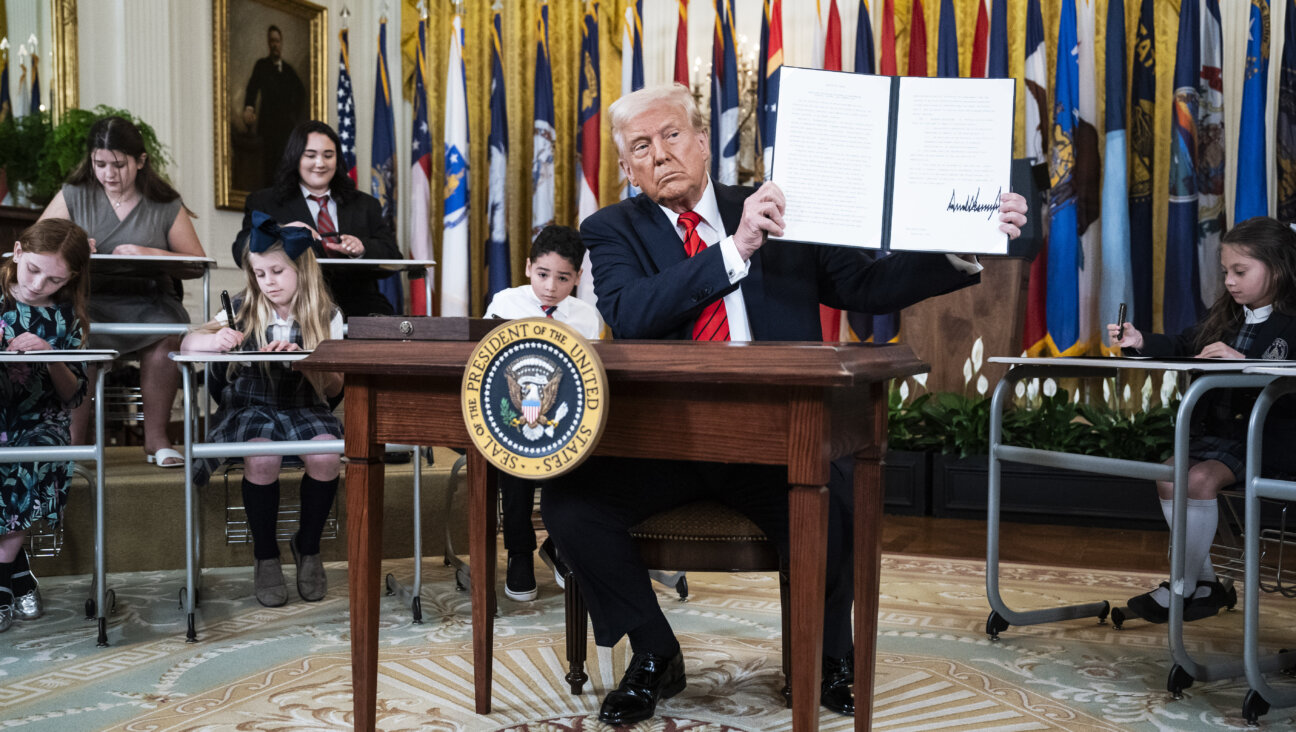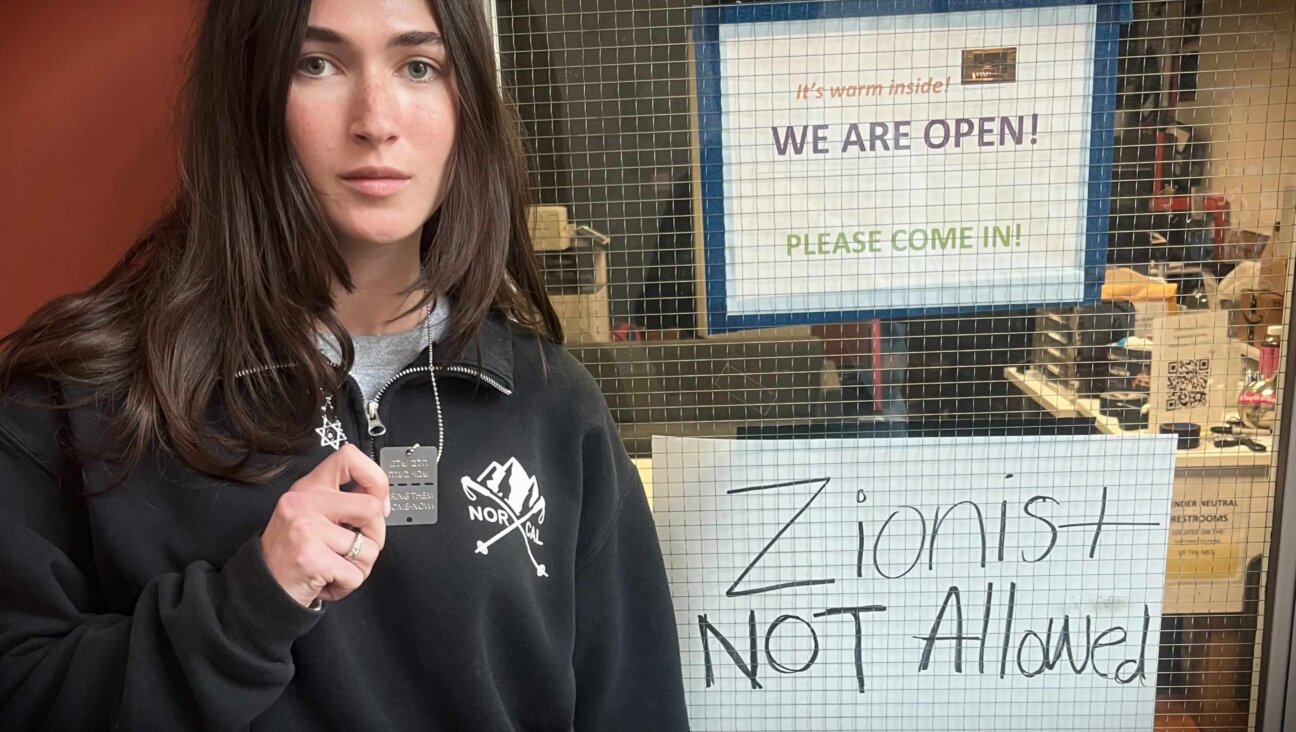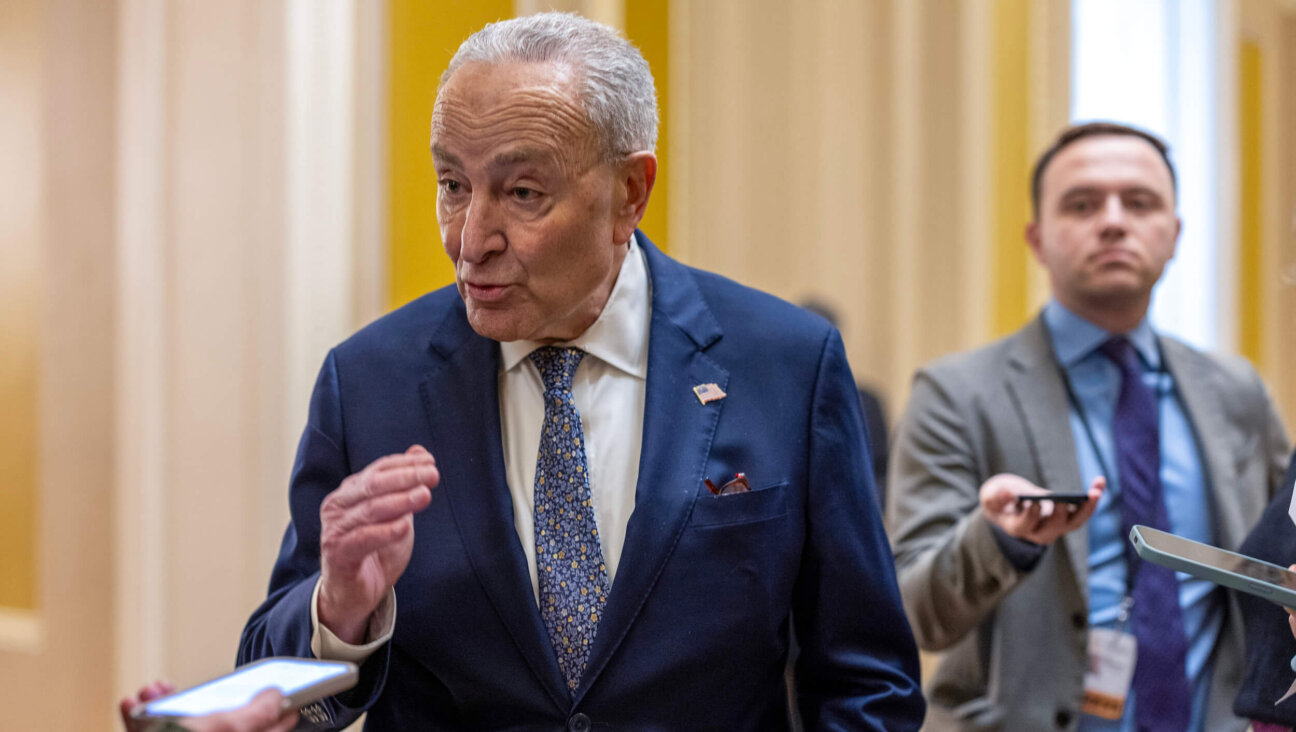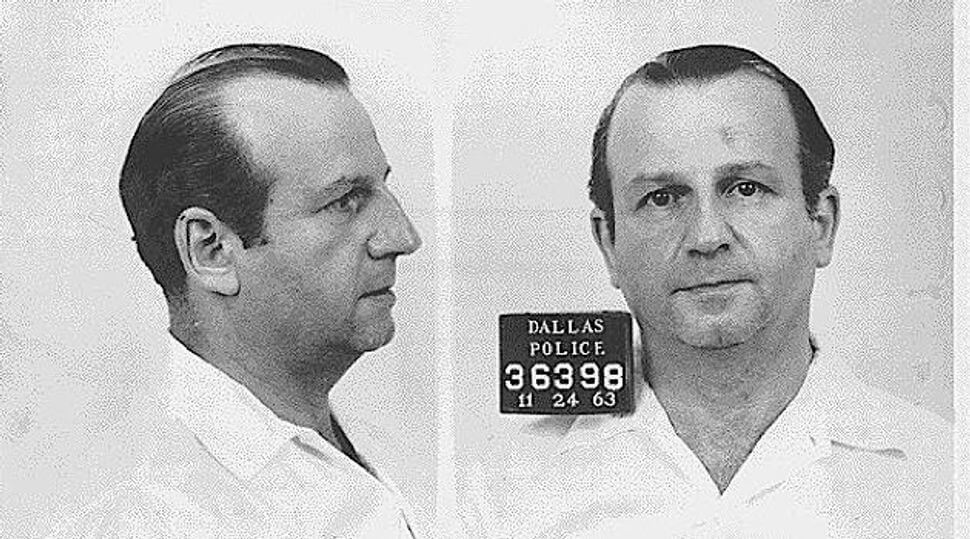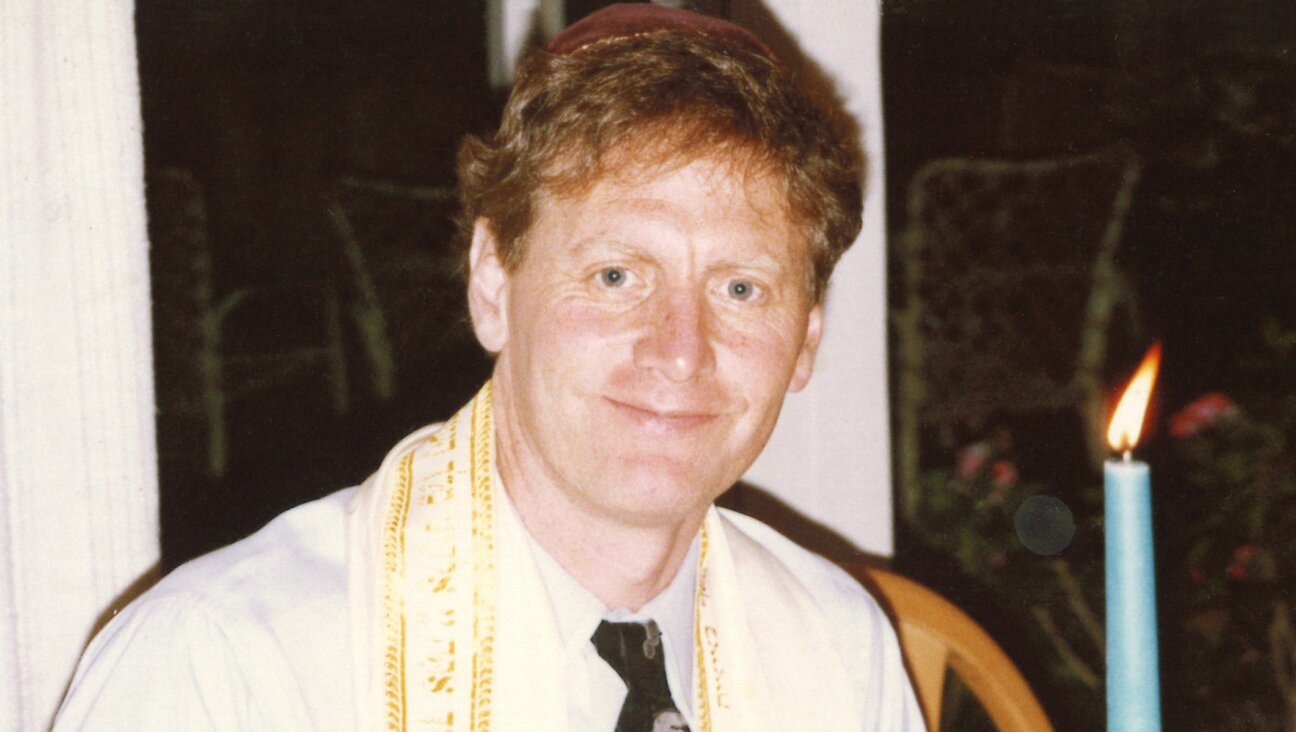Carter Is No More Critical of Israel Than Israelis Themselves
Looking at the controversy that has erupted over former President Jimmy Carter’s book, “Palestine: Peace Not Apartheid,” I have to say I am a little envious — envious of a national culture in which a book, or just a book title, can stir such a debate.
I cannot recall when the publication of a book has generated such a debate in Israel. And even though we are talking here about a book that was published in the United States and has yet to be translated into Hebrew, the quiet way in which “Palestine: Peace Not Apartheid” has been received in Israel is nevertheless noteworthy, not least because it is Israel itself that is the object of Carter’s opprobrium.
Part of the explanation for why Carter’s book did not set off any public outcry in Israel lies in the difference in literary culture. For better or worse — and I, for one, certainly think that it is for worse — books just don’t matter here in the way they still do elsewhere. Yet perhaps a larger part of the explanation lies with the difference in political culture, and with local sensitivities (or perhaps insensitivities) to language and moral tone.
It is not that Israelis are indifferent to what is said about them, but the threshold of what passes as acceptable here is apparently much higher than it is with Israel’s friends in the United States. In the case of this particular book, the harsh words that Carter reserves for Israel are simply not as jarring to Israeli ears, which have grown used to such language, especially with respect to the occupation.
In other words, what Carter says in his book about the Israeli occupation and our treatment of Palestinians in the occupied territories — and perhaps no less important, how he says it — is entirely harmonious with the kind of criticism that Israelis themselves voice about their own country. There is nothing in the criticism that Carter has for Israel that has not been said by Israelis themselves.
Of course, Carter is not just another media pundit or a leftist Israeli. A former president of the United States and winner of the Nobel Peace Prize, he has been one of the world’s most accomplished statesmen in the past three decades, a public figure of enormous moral clout. His words weigh heavier than those of others, and his actions make a difference in the real sense of the term.
In the context of the Israeli-Arab conflict, moreover, Carter has secured his place in history as the man who brokered the first peace agreement between Israel and an Arab nation. The Camp David summit he convened in September 1978, which resulted in the signing of the peace treaty between Israel and Egypt, was a historical watershed for the entire region. It inaugurated the Arab-Israeli peace process, without which the Oslo peace process would not have been possible, nor the 1994 peace agreement between Israel and Jordan.
In light of the failure of the second Camp David summit of July 2000, Carter’s successful mediation between such starkly different leaders as Menachem Begin and Anwar Sadat is all the more impressive, and his achievement — which was a truly personal achievement — all the more remarkable.
Every Israeli, and every Jew to whom the destiny of Israel is important, is indebted to Carter for breaking the ring of hostility that had choked Israel for more than 30 years. No American president before him had dedicated himself so fully to the cause of Israel’s peace and security, and, with the exception of Bill Clinton, no American president has done so since.
This is why the publication of Carter’s recent book, and perhaps more than anything else, the title it bears, has pained so many people. And I must admit that, on some deeply felt level, the title of the book has strained my heart, too. Harsh and awful as the conditions are in the West Bank, the suggestion that Israel is conducting a policy of apartheid in the occupied territories is simply unacceptable to me.
But is this what Carter is saying? I have read his book, and I could not help but agree — however agonizingly so — with most if its contents. Where I disagreed was mostly with the choice of language, including his choice of the word “apartheid.”
But if we are to be fair, and as any reading of the book makes clear, Carter’s use of the word “apartheid” is first and foremost metaphorical. Underlying Israel’s policy in the West Bank, he argues, is not a racist ideology but rather a nationalist drive for the acquisition of land. The resulting violence, and the segregationist policies that shape life in the West Bank, are the ill-intended consequences of that drive.
Of course, there is no appropriate term in the political lexicon for what we in Israel are doing in the occupied territories. “Occupation” is too antiseptic a term, and does not capture the social, cultural and humanitarian dimensions of our actions. Given the Palestinians’ role in the impasse at which we have arrived, to say nothing of Arab states and, historically speaking, of the superpowers themselves, I would describe the reality of occupation as a march of folly — an Israeli one, certainly, but not exclusively so.
But if we are to read Carter’s book for what it is, I think we would find in it an impassioned personal narrative of an American former president who is reflecting on the direction in which Israel and Palestine may be going if they fail to reach agreement soon. Somewhere down the line — and symbolically speaking, that line may be crossed the day that a minority of Jews will rule a majority of Palestinians west of the Jordan River — the destructive nature of occupation will turn Israel into a pariah state, not unlike South Africa under apartheid.
In this sense, “Palestine: Peace Not Apartheid” is a stark warning to both Israelis and Palestinians of the choice they must make. That choice is between peace and apartheid, for the absence of one may well mean the other. Carter’s choice is clearly peace, and, for all its disquieting language, the book he has written is sustained by the hope that we choose peace, as well.
Yossi Beilin, a member of the Knesset, is chairman of the Meretz-Yahad Party.
A message from our Publisher & CEO Rachel Fishman Feddersen

I hope you appreciated this article. Before you go, I’d like to ask you to please support the Forward.
At a time when other newsrooms are closing or cutting back, the Forward has removed its paywall and invested additional resources to report on the ground from Israel and around the U.S. on the impact of the war, rising antisemitism and polarized discourse.
Readers like you make it all possible. We’ve started our Passover Fundraising Drive, and we need 1,800 readers like you to step up to support the Forward by April 21. Members of the Forward board are even matching the first 1,000 gifts, up to $70,000.
This is a great time to support independent Jewish journalism, because every dollar goes twice as far.
— Rachel Fishman Feddersen, Publisher and CEO









